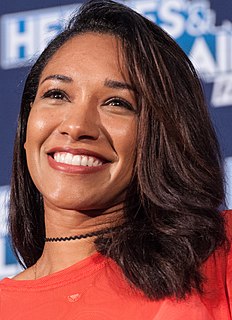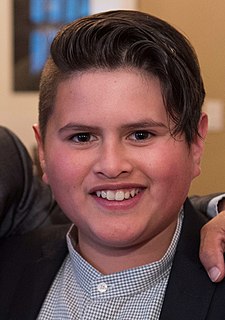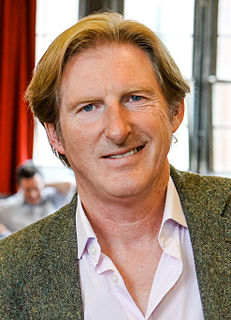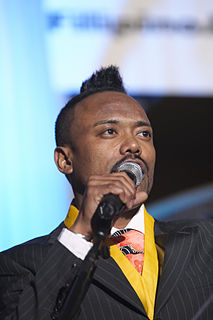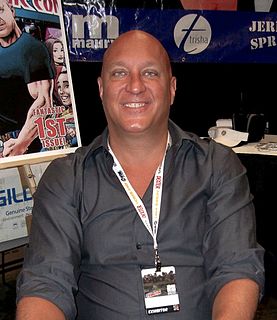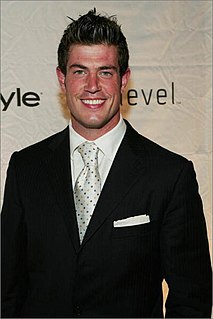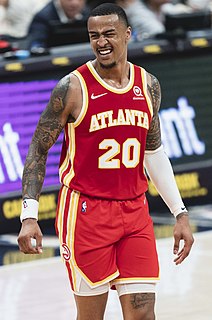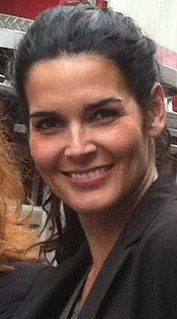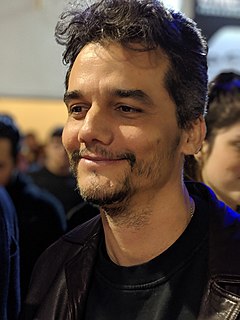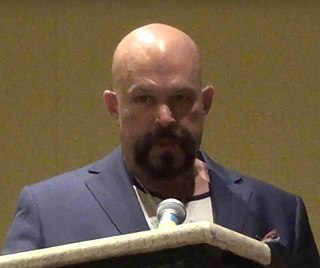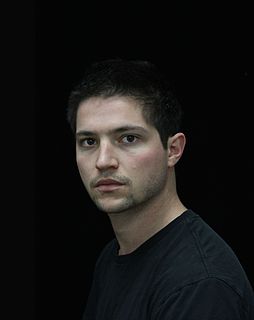A Quote by Cheo Hodari Coker
The only thing that's different about doing a superhero show is that you can have your hero do things that a normal cop in a procedural can't do. But the structure of the storytelling is universal.
Related Quotes
The thing that I love about The Flash and about superhero shows, in general, is that it's not about having superpowers that makes you a superhero. You don't have to be The Flash and have super speed to do the right thing. You can be a great reporter or you can be a cop, like Joe West, and still fight for the things that matter.
'Deadpool' is its own thing, and it's very quirky, breaks out the box, and doesn't follow the rules of normal superhero movies, so it was really important for me to show that kids that look like me, who are chubbier than other kids, that they can be the hero they want - it was a dream of mine to be a superhero, and it's come true.
Bruce McGill and Sasha Alexander are regulars on the show. That shows that it's not just a typical procedural show. We have these actors because they can come in and actually act, and show the different colors of actual people. No person is just one color. No person is just who they are at their job, 24/7. That was really what I was excited about.
I like to multitask. I love the process of the storytelling in television. I love the serial. Even my stab at doing a procedural show was still very much serialized. I'm such a serialized storyteller. I feel like the story never ends. I want it to go and go and go. However, with cable and streaming now it's endless. You can do anything.
Structure is what makes communication hang together. It's like the rails that a train runs on. Without them, things wouldn't move very far. If you only have time to do one thing in your presentation, make sure it has a clear and identifiable structure. Without this, you'll have no credibility. Once you've organized your ideas, if you step back and look at it, many times we've organized topics. We've strung together a structure with organized topics. At this point, change your topics into messages.

